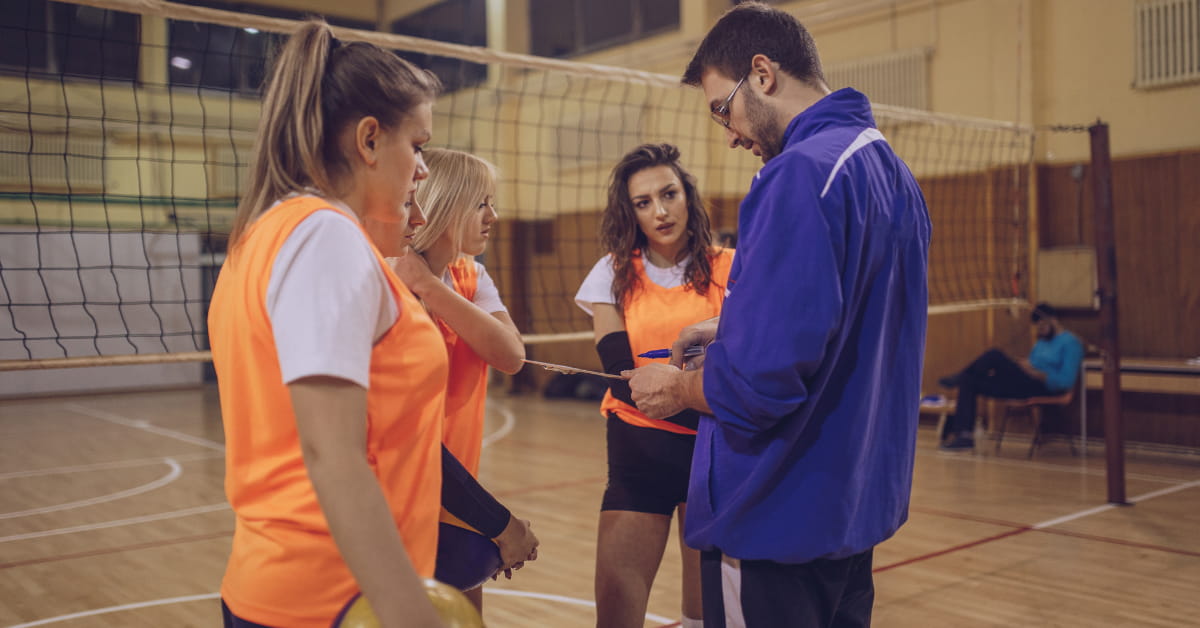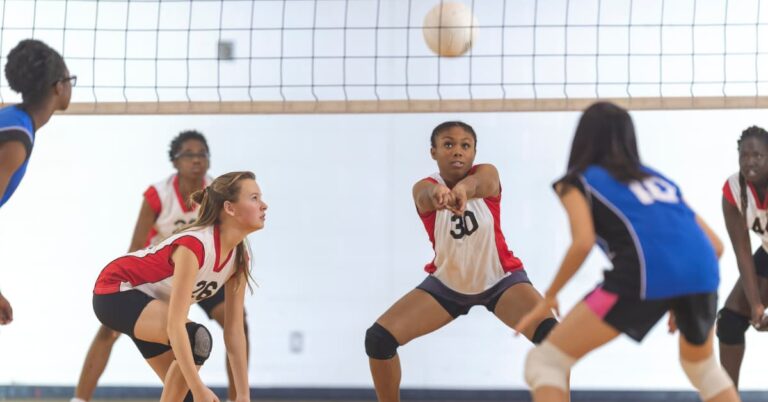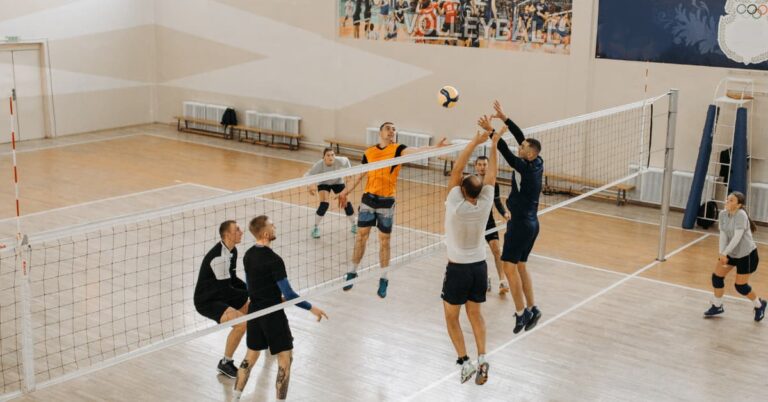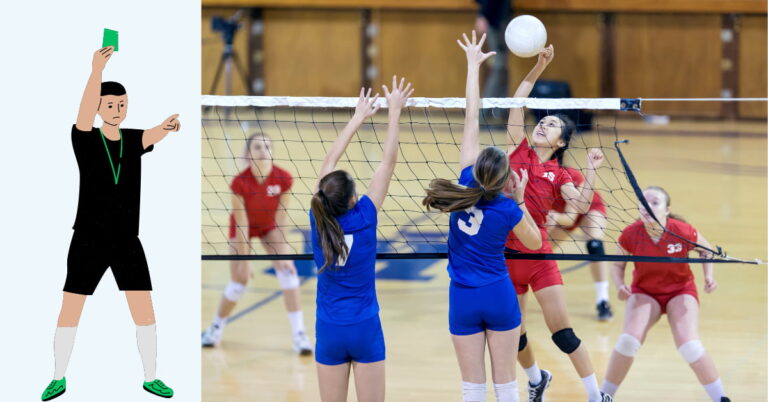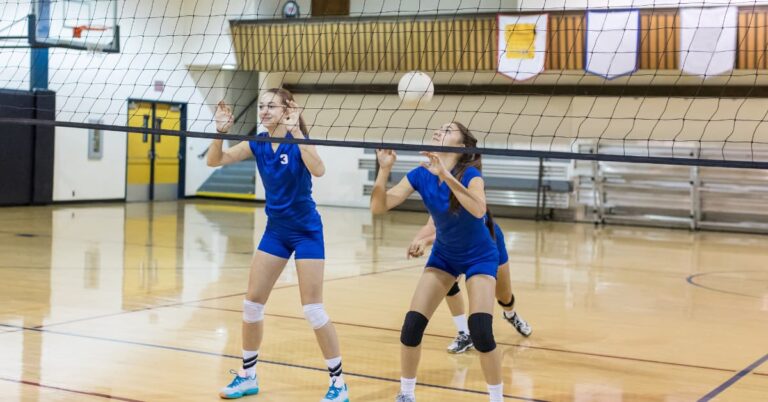What Does a Volleyball Manager Do?
Have you ever wondered what a volleyball manager actually does? In this article, we’ll delve into the world of volleyball management and uncover the various responsibilities that come with this important role. From team management to event coordination, let’s explore the diverse tasks of a volleyball manager.
What Does a Volleyball Manager Do?
A volleyball manager plays a crucial role in organizing and overseeing the operations of a volleyball team. Their primary responsibility is to ensure the smooth functioning of the team and provide support in various areas.
Here are some key tasks and responsibilities typically associated with a volleyball manager:
Team Management
One of the primary roles of a volleyball manager is to oversee the management of the team.
This involves tasks such as organizing team practices, scheduling matches, and coordinating team meetings. They work closely with coaches to ensure that the team operates smoothly and efficiently.
The manager acts as a point of contact for players, addressing their concerns and providing support as needed. They foster a positive team environment and encourage team spirit among the players.
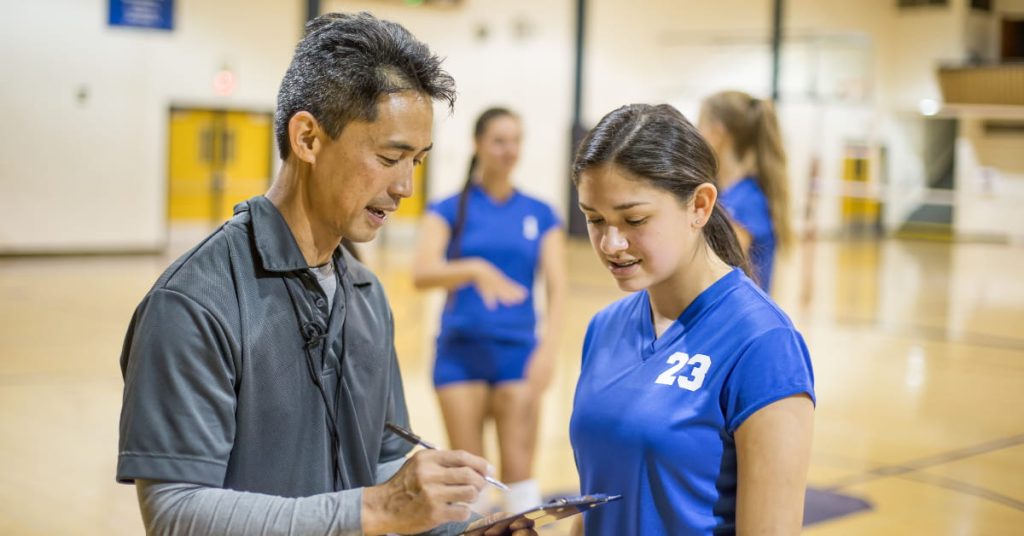
Player Development
Volleyball managers play a crucial role in the development of players. To help players reach their full potential, they work closely with coaches to identify areas for improvement and provide support and guidance.
This may involve arranging specialized training sessions, connecting players with external resources for skill enhancement, or organizing workshops and seminars on various aspects of the game.
The manager monitors the progress of individual players and provides feedback and encouragement to foster their growth.
Equipment Management
A volleyball manager is responsible for the proper maintenance and management of equipment.
They ensure that the team has all the necessary gear, including volleyballs, nets, and protective gear. They also handle equipment inventory, repairs, and replacements to ensure a safe and productive practice and game environment.
The manager liaises with suppliers and sponsors to secure the required equipment and ensures that it is in good condition. They also coordinate the distribution of equipment among the players and coaches.

Outreach and Fundraising
Volleyball managers often take on the responsibility of outreach and fundraising for the team. They actively seek sponsorship opportunities, reaching out to local businesses, organizations, and individuals who may be interested in supporting the team financially or through in-kind contributions.
The manager develops relationships with potential sponsors and manages sponsor agreements. They organize fundraising events such as tournaments, raffles, or sponsorship drives to generate funds to cover expenses such as travel, equipment upgrades, and training programs.
Additionally, they engage in community outreach initiatives to promote the team and attract support.
Event Coordination
When it comes to organizing volleyball events, a manager plays a vital role.
They handle logistical tasks such as securing venues, coordinating with other teams, and managing event schedules. They ensure that everything runs smoothly, from arranging referees and volunteers to overseeing ticket sales and promotions.
The manager collaborates with event organizers, facility staff, and other stakeholders to create a positive experience for both players and spectators. They also coordinate transportation, accommodations, and meals for away games or tournaments.
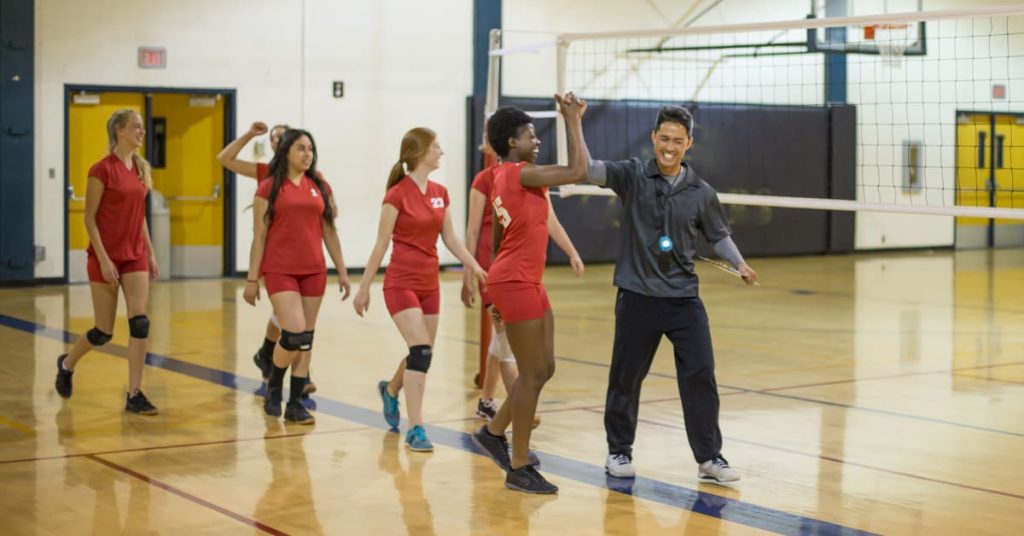
Responsibilities During the Game
During volleyball matches, a manager’s duties are focused on ensuring a seamless experience for the team.
They assist with tasks such as coordinating player substitutions, managing game statistics, and communicating with officials and referees.
They provide support to the coaching staff and players, keeping the team organized and focused on their performance.
The manager is also responsible for resolving any administrative issues that may arise during games, such as eligibility concerns or disputes.
Why the Role Matters?
The role of a volleyball manager is of utmost importance for the success of the team.
They serve as a crucial link between players, coaches, and other stakeholders. Their dedication and hard work contribute to the overall organization, efficiency, and growth of the team. Without a manager, the team’s operations and coordination would be significantly impacted.
The manager’s efforts create a conducive environment for player development, facilitate the smooth running of events, and help secure the necessary resources for the team’s success.
They provide stability and support, allowing the players and coaches to focus on their roles and responsibilities.
Conclusion
A volleyball manager holds a multifaceted role, overseeing team management, player development, equipment management, outreach and fundraising, event coordination, and more. Their contributions play a vital role in the success and growth of a volleyball team.
With their guidance and support, the team can thrive both on and off the court, fostering a positive and successful volleyball program.

